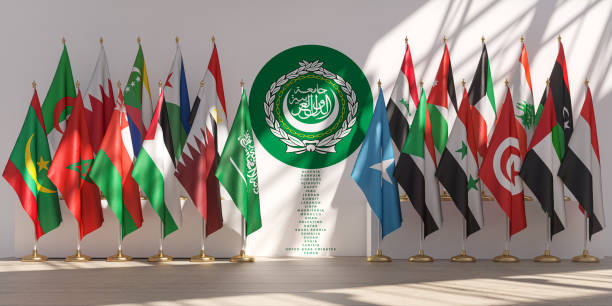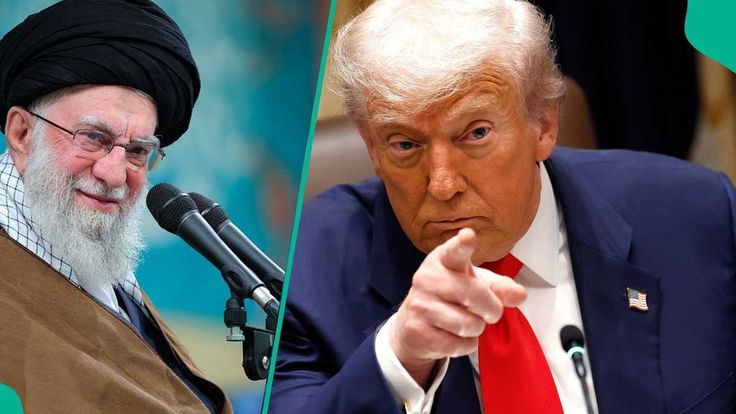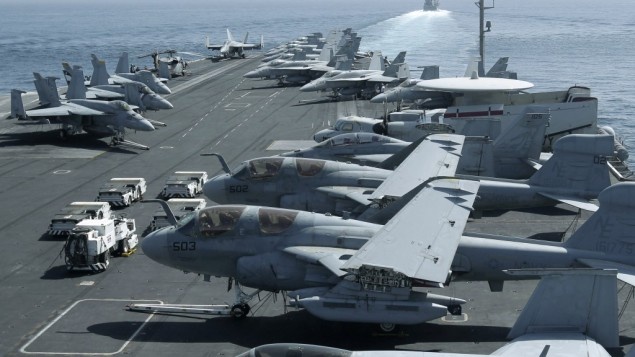Arab-Islamic Summit 2025 opened in Doha on Monday with high expectations that it would deliver concrete measures against Israel in response to its recent attack on Qatar. The emergency summit brought together leaders and foreign ministers from across the Arab world and the Organisation of Islamic Cooperation (OIC), signaling what could be a turning point in the region’s collective response to the war in Gaza.
Qatar Hosts Emergency Arab-Islamic Summit 2025
The summit follows a wave of outrage after Israeli air strikes last Tuesday killed five Hamas members and a Qatari security officer in Doha, narrowly missing a Hamas negotiation team meeting to discuss a United States-backed ceasefire proposal. The attack has been condemned by Arab and Muslim leaders as a blatant violation of Qatar’s sovereignty and international law.
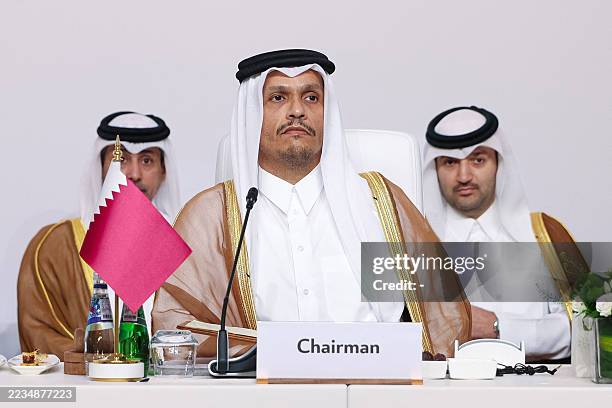
Qatari Emir Sheikh Tamim bin Hamad Al Thani delivered a powerful opening speech, accusing Israeli Prime Minister Benjamin Netanyahu of trying to turn the Arab region into an Israeli sphere of influence. “This is a dangerous illusion,” Sheikh Tamim said. He stressed that if Israel had accepted the Arab Peace Initiative of 2002, the region could have been spared “countless tragedies.”
Arab-Islamic Summit 2025 Pushes for United Front
Qatari Prime Minister Sheikh Mohammed bin Abdulrahman Al Thani echoed the Emir’s stance, saying Qatar intends to take “legitimate legal measures to preserve the sovereignty of our country.” He thanked Arab and Islamic nations for their solidarity, as well as the international community members who condemned the attack.
Regional observers note that Arab-Islamic Summit 2025 is being closely watched for its ability to move beyond symbolic gestures. Over the weekend, foreign ministers met behind closed doors to draft a resolution that proposes practical steps against Israel, including diplomatic and economic measures.
Pakistan Calls for a Clear Roadmap
Pakistani Foreign Minister Mohammad Ishaq Dar emphasized the importance of the summit producing a “clear roadmap” to deal with the crisis. He stated that the Muslim world is “eyeing this summit, waiting to see what comes out of it.”
Two days after the attack, Pakistani Defence Minister Muhammad Asif issued a stark warning that the Gaza war would have consequences beyond Palestine. He urged Arab nations to form a joint security force and said Pakistan, a nuclear power, would fulfill its duty as part of the Ummah if needed.
Iran Urges Cutting Ties with Israel
Iranian President Masoud Pezeshkian went further, urging Muslim nations to sever ties with Israel. “Islamic countries can sever ties with this fake regime and maintain unity and cohesion,” he said before departing for Doha. Analysts believe Iran’s push for full diplomatic and economic isolation of Israel will be a key discussion point during the summit.
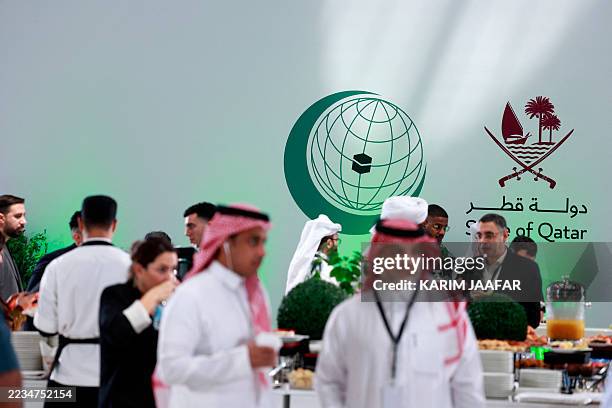
Possible Measures from Arab-Islamic Summit 2025
Analysts suggest that Arab-Islamic Summit 2025 could produce unprecedented decisions, including:
- Suspending diplomatic relations with Israel by participating states.
- Imposing economic sanctions targeting Israeli trade and investments.
- Establishing a joint Arab-Islamic security framework to deter future attacks.
- Pursuing legal action in international courts for violation of Qatari sovereignty.
- Coordinating humanitarian support for Gaza and demanding a ceasefire.
Such measures, if agreed upon, would mark the most significant collective Arab-Islamic action against Israel in years.
International Reactions
The summit is also being watched by Washington, Brussels, and other Western capitals. The U.S. administration has expressed concern that escalating tensions could derail ongoing ceasefire negotiations. Meanwhile, human rights groups are urging Arab and Muslim nations to use the summit to pressure Israel to end its blockade of Gaza and allow aid deliveries.
High Stakes for Arab-Islamic Unity
For many in the region, the success of Arab-Islamic Summit 2025 is about more than just condemning Israel. It is seen as a test of whether the Arab League and OIC can act decisively in defense of one of their member states and to bring an end to a devastating war that has killed tens of thousands in Gaza.
If the summit produces only symbolic resolutions, critics warn it could deepen public frustration across the Arab world, where anger against Israel — and by extension its Western allies — is already at a boiling point.
What Happens Next
The summit is expected to conclude later on Monday with a joint statement. Whether that statement includes concrete punitive measures against Israel or merely diplomatic condemnation remains to be seen.
For now, Arab-Islamic Summit 2025 represents the strongest collective stance by the Muslim world since the Gaza war began two years ago. If meaningful action follows, Doha may be remembered as the place where a new phase of Arab-Islamic cooperation against Israeli aggression was launched.
Source: Al Jazeera

